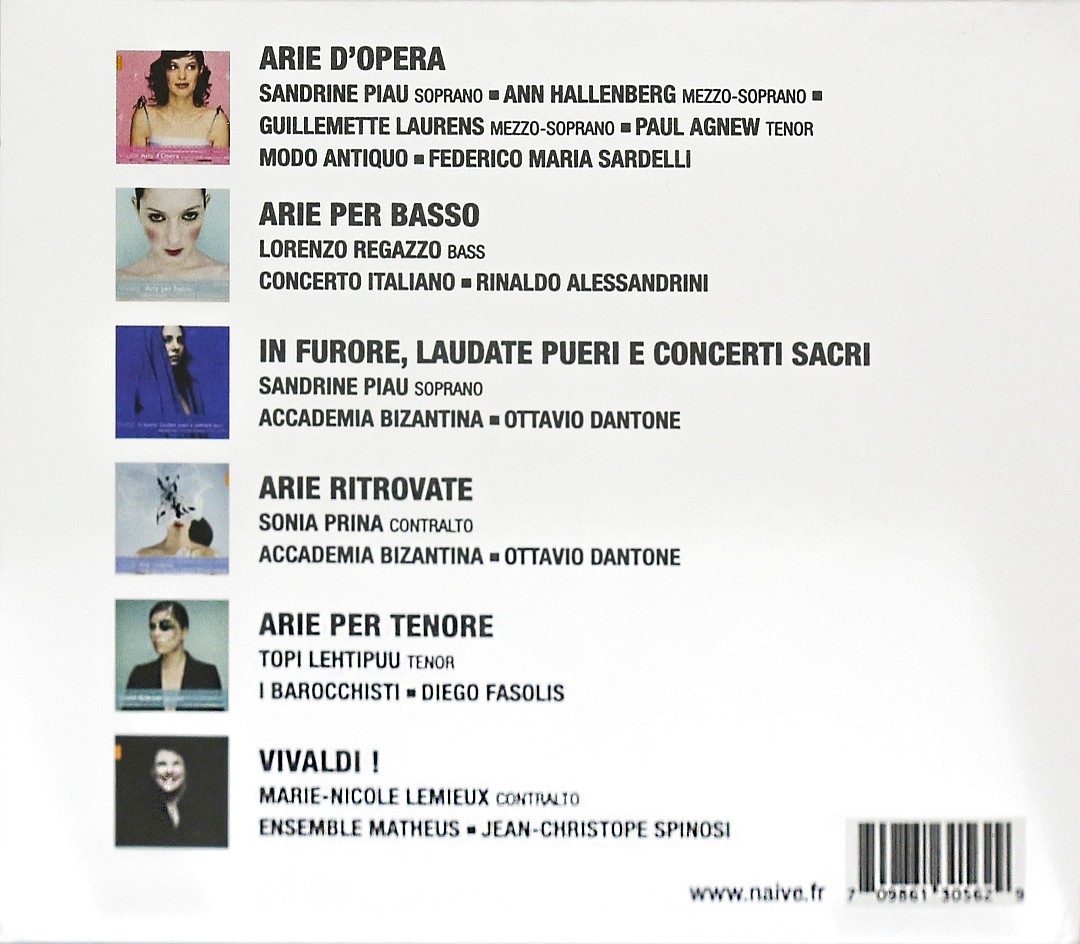


This week, Donald Macleod puts these four celebrated concertos front and centre as he also explores the four seasons of Vivaldi’s own life, lingering a little in his summer. Thanks to his set of Concertos “The Four Seasons”, he remains one of the most famous and best loved composers today.

Donald Macleod explores Vivaldi’s successes outside his native Venice, across Italy and throughout Europe.Īs performer, composer, impresario, musical director, and teacher, Antonio Vivaldi was a key figure in the musical life of Baroque Italy. Salieri's librettist Marco Coltellini reduced the plot to three main characters. Originally from the Republic of Venice, Antonio Salieri was to quickly pursue a career at the Viennese court and become one of the most important players in Viennese musical life of his time, but historically always remained hidden by Mozart's shadow. In Vienna in 1771 a young Italian composer also turned to the subject and composed his first major opera for the Burgtheater at the age of twenty. Jean-Baptiste Lully and Christoph Willibald Gluck put the sorceress on the Parisian opera stage, Luigi Cherubini and Gioachino Rossini gave her her Italian form, and Antonín Dvořák wrote his last opera Armida in Czech in 1904 for the Prague National Theater. In Handel's Rinaldo, she is the main female character as well as in Vivaldi's Armida al campo d’Egitto.

In Torquato Tasso's knight epic La Gerusalemme liberata, Armida was commissioned by her uncle to prevent the crusaders from conquering Jerusalem with all the magical and female arts at their disposal. Armida, the beautiful niece of the ruler of Damascus, stimulated the imagination of composers of the 18th century like no other sorceress.


 0 kommentar(er)
0 kommentar(er)
